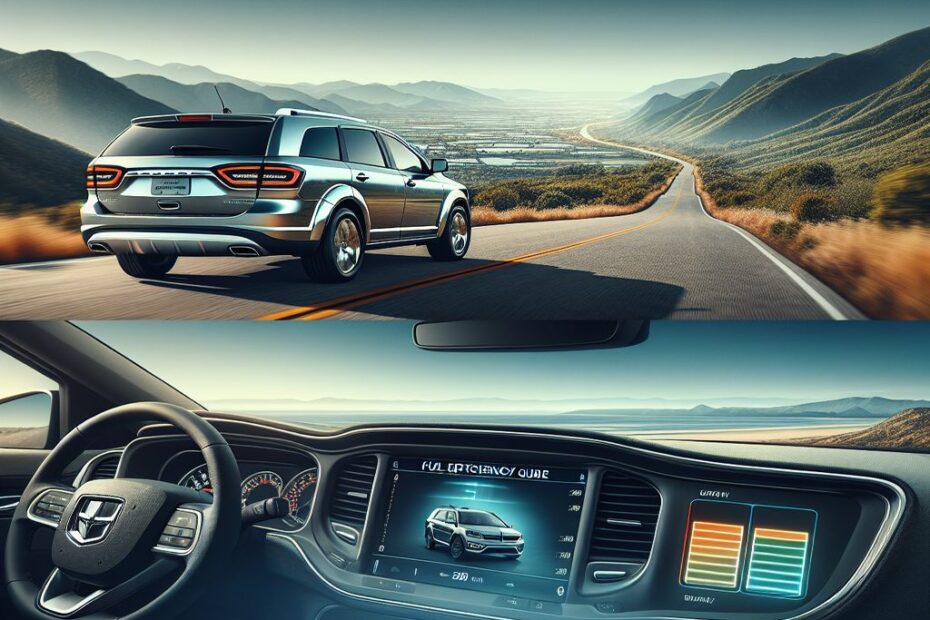Exploring the 2017 Dodge Journey: A Versatile Midsize Crossover
The 2017 Dodge Journey shines as a versatile and family-friendly option in the midsize crossover SUV segment. Renowned for its practicality and spacious interior, the Dodge Journey caters to individuals and families seeking a reliable transportation solution that meets their daily needs.
Unveiling the Dodge Journey Model
A favorite among families and budget-conscious buyers, the Dodge Journey offers seating for up to seven passengers, providing ample room for both occupants and cargo. Its adaptable interior layout allows for various seating configurations to suit different requirements, whether it involves ferrying passengers or transporting larger items. Packed with features designed to enhance convenience and comfort, the Journey is well-equipped for daily commutes or extended road trips.
The Significance of Fuel Efficiency in Today’s Automotive Scene
In an era marked by escalating fuel prices and growing environmental consciousness, the importance of fuel efficiency cannot be overstated. Opting for a fuel-efficient vehicle like the 2017 Dodge Journey can yield substantial benefits. Enhanced fuel efficiency not only trims overall ownership costs but also aids in reducing the vehicle’s carbon footprint. By selecting a vehicle with superior fuel economy, drivers can enjoy savings at the gas station while playing a role in environmental preservation.
Decoding Miles Per Gallon (MPG)
Unraveling the Concept and Impact of MPG
Miles per Gallon (MPG) serves as a crucial metric for gauging how far a vehicle can travel on a gallon of fuel. It stands as a pivotal indicator of a car’s fuel efficiency, offering consumers valuable insights into its cost-effectiveness. Understanding MPG is paramount for making informed purchasing decisions, as it directly influences fuel expenditures and environmental implications.
Influential Factors Affecting MPG
Numerous elements influence a vehicle’s MPG performance, encompassing driving behaviors, maintenance routines, aerodynamics, engine types, and fuel quality. Adopting fuel-efficient driving practices such as maintaining a consistent speed, eschewing abrupt accelerations and decelerations, and ensuring proper tire pressure can positively impact a vehicle’s fuel efficiency. Routine maintenance tasks like engine tune-ups and air filter replacements are equally vital in optimizing MPG performance. Additionally, factors like vehicle design, engine technology, and fuel type can all sway a car’s MPG ratings.
